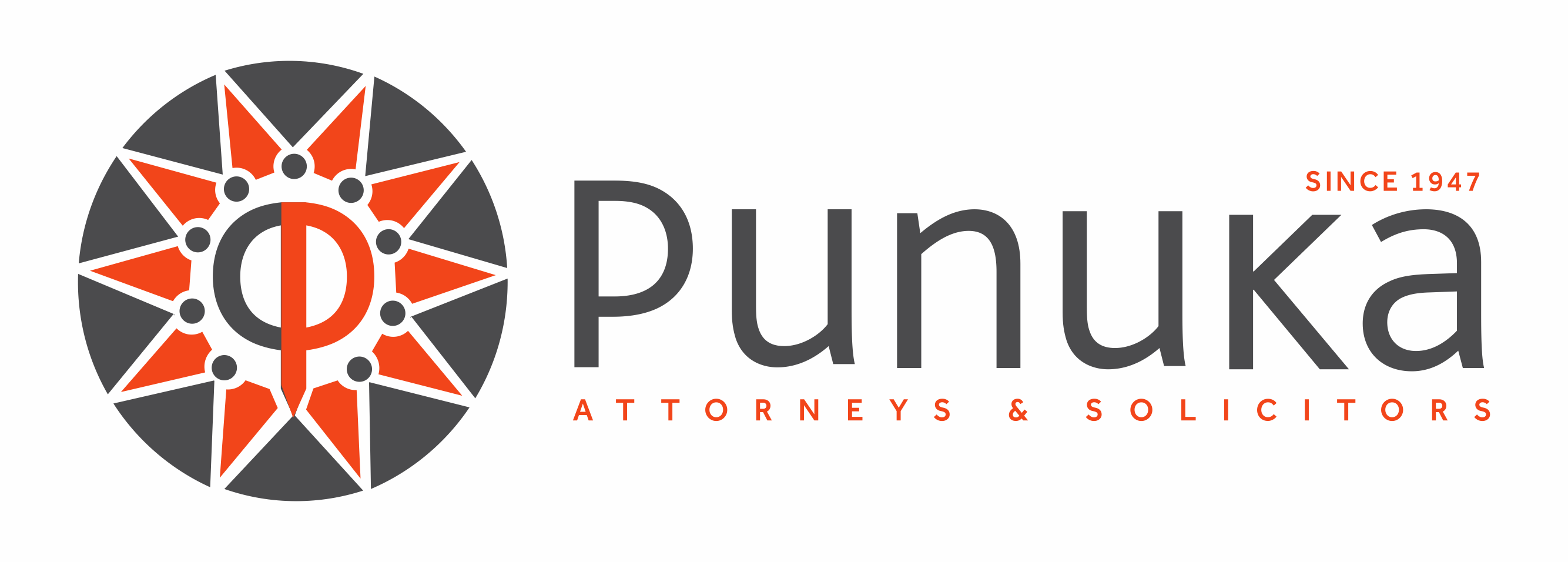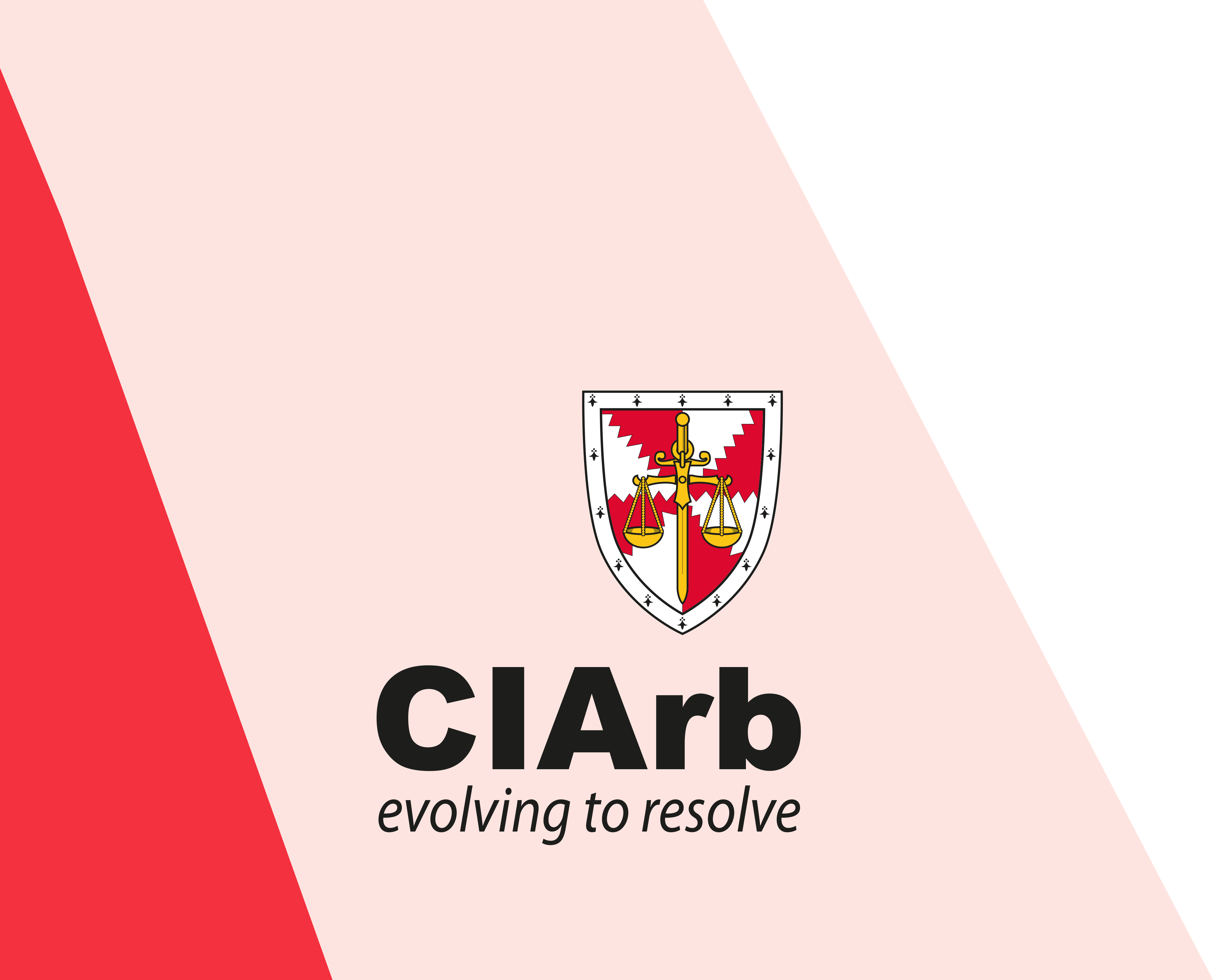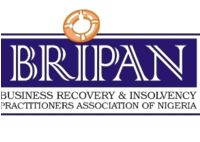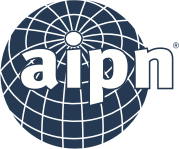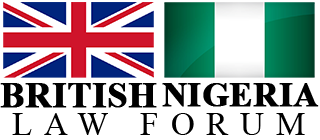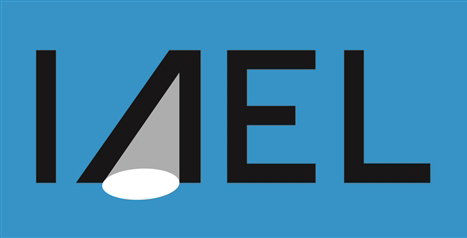Authors: Okorie Kalu[2] Peter Edokpayi[3]
INTRODUCTION
President Muhammadu Buhari on August 7, 2020, assented to the Companies and Allied Matters Act, 2020 (“CAMA 2020” or “the New Act[4]”), which repeals and replaces the Companies and Allied Matters Act, 1990[5] (the “Repealed Act”). CAMA 2020 reflects a myriad of commendable amendments and introduces new provisions arguably more fitting for contemporary business and insolvency practices[6].
It substantially extinguishes some bottlenecks contained in the Repealed Act. In the context of Insolvency & Restructuring practice captured by Chapters 17 to 28 of Part B of CAMA 2020, there is one vital area of strong gap in the law which has been addressed[7] although paradoxically under a Chapter 26 titled “Miscellaneous Provisions applying to companies which are insolvent”, and that is the issue of regulation of insolvency practice and practitioners.
Pre CAMA 2020 position – No proper regulation
Prior to the passage of the CAMA 2020, there were virtually no provisions in the previous law adequately addressing the issue of regulation of Insolvency Practitioners (“IP”) in Nigeria as is obtainable in so many other jurisdictions. For instance, the United Kingdom pursuant to the Insolvency Act, 1986 (“UK Insolvency Act’)[8] contains key provisions on the meaning of IPs, qualification, standards, duties, obligations and rights, scope of practice, recognition and authorization of IPs, etc.
Existing CAMA had virtually no framework for regulation of Insolvency Professionals (hereafter IPs) and Insolvency practice. It had no working definition or description of who an insolvency practitioner is, his expected level of competence and skills in terms of education, training and qualifications, his standards, ethics, responsibilities, subjection to proper regulatory oversight et al, albeit it would usually describe some powers and corresponding duties of some IP offices. The result of this state of uncertainty and lack of regulation is that virtually any person, irrespective of literacy and competence could be appointed in the available offices of IPs. Accordingly, the position pre CAMA 2020 may be rightly assessed as not having addressed critical aspects of regulation of the profession and practice of insolvency.
Justification for regulation
Several provisions of the 1999 Constitution of the Federal republic of Nigeria (CFRN) as amended provide a constitutional and legal justification for regulation of the most fundamental of individual rights and by extension the regulation of appointment, standards, duties, responsibilities and powers of an IP in order to avoid arbitrariness or abuse. Sections 4, 11 and 45 of the 1999 CFRN clearly provide for curtailment of any type of right by the National Assembly -inclusive in this instance of right to appoint or act as an IP- for reasons that may be reasonably justifiable for a democratic society, e.g. public policy, health, security, order, etc[9]
Furthermore, the 1999 CFRN under item 49 of Schedule 2 (Exclusive Legislative List) made pursuant to S.4 of the CFRN mandates the national legislator to make laws for the regulation of professional occupations. It becomes clear therefore that -like for any other profession such as medicine, law, engineering, architecture and indeed insolvency and restructuring- it is vital for a law such as CAMA to regulate the profession and practice of insolvency.
Qualification to act as an IP
The New Act proceeded to spell out the necessary qualifications[10] required to practice as an IP; which provisions are rather a departure of the approach under section 390 of the UK Insolvency Act (UK IA) which it borrows some leave from. First, both agree -although implied in the language of Section 705 CAMA 2020- that only an individual, as opposed to a corporate body, is entitled and qualified to act as an IP[11]. Whereas Section 705 creates only a single source of regulation through the Corporate Affairs Commission (hereafter CAC), Section 390 (2) of UK IA has a bifurcated model such that a person is qualified to act as an IP either through authorization of recognized professional bodies[12] or through authorization by the Secretary of State or a competent authority[13], but overall power of recognition of the professional bodies lies ultimately with the Secretary of State.
Also, the UK IA also makes provisions relating to partial authorization of IPs to act (either in relation to companies or individuals) and full authorization to act (in relation to companies, individuals and insolvent partnerships). However, unlike the UK IA, CAMA 2020 does not provide for such distinction – meaning that qualification to practice as an IP in Nigeria is akin to full authorization within the meaning of the UK Insolvency Act[14].
Analysis of the conditions for qualification
The Corporate Affairs Commission is empowered by the Act to regulate practice as an IP, and Sections 705 to 707 appears to lay out detailed but arguably inconsistent[15] and possibly draconian[16] conditions in terms of the model of regulation adopted. There are four conditions which appear to be cumulative[17] and they address issues in relation to education, professional certification/licensing, experience, and regulation/authorisation[18].
Whilst the educational and professional certification requirements are quite laudable, it is opined that the post qualification experience condition was not properly articulated, as is the case in other jurisdictions. Doubtless experience is as important as knowledge and competence or integrity, however this requirement ought to have been laid out in terms of graduation of the level of insolvency related work and office that may be held. For instance, in South Africa[19], the Nigerian CAC equivalent known as the Companies and Intellectual Property Commission (CIPC) regulates the insolvency profession and particularly the Business Rescue Practitioners. The regulations provide for a stratification of those qualified to practice with a recognition of both the need for qualification beyond an average businessperson, and the need for some reasonable level of experience for related insolvency work[20].
Recognition & Regulation
The recognition of BRIPAN by the New Act as one of the professional bodies that grants qualification to IPs may not have come as a surprise to Insolvency Professionals and stakeholders as BRIPAN[21], in conjunction with its national body – INSOL and the World Bank, has been at the forefront of advocacy in the area of insolvency law for the past decade, championing legislative reform and the cause for the development of the practice of insolvency in Nigeria in line with global best practices: the Association and its expert practitioners facilitates regular and continuous trainings and conferences for substantive and aspiring Insolvency Professionals and judicial officers alike.
The New CAMA in sections 706 empowers the CAC (“the Commission”) with authority to confer recognition on a professional body where such a body regulates the practice of a profession, maintains and enforces rules for securing that its members are (a) permitted to act as IPs; (b) fit and proper persons; and (c) meet acceptable requirements as to education, practical training and experience as well as revoke such recognition where the professional body no longer upholds the foregoing requirements in the eyes of the Commission[22].
It is pertinent to note that whilst the new Law gives recognition to the role of certain professional bodies now or in the future, it does not give them the power to authorize persons to act as IP notwithstanding the misleading use of the word authorization in Section 705 (c) under the condition in relation to certification by a recognized professional body (RPB). The power to authorize rests solely in the Corporate Affairs Commission.
The above clarification speaks to some misapprehension which has arisen in relation to the express recognition of BRIPAN as a RPB[23]: there is nothing unusual about recognition of professional bodies and allowing them to wholly or partly participate in regulation of a certain sector. As earlier mentioned, the UK model of insolvency recognizes several (7) professional bodies comprising essentially of the Insolvency Professional Association (IPA)[24] and legal and accounting professional associations: unlike in Nigeria, they are given the powers to authorize their professional members to act as IP provided they scale through the educational and professional standards of their professional body. The South African framework on the other hand initially recognized three (3) professional bodies for purpose of certification and authorization to practice as BRP[25] and has as at 2018 extended this to 12 RPBs[26]. However, like in Nigeria, the South African model only allows authorization through the CIPC.
The provisions of Sections 705 and 706 CAMA on recognition and authorization are not exactly as those provided for in Section 391 (4) of the UK IA. Yes, the CAC assumes similar functions as the UK Secretary of States (as both receive applications for individual recognition and authorization, and applications for recognition of the “professional bodies[27]”.
However, whilst the UK framework creates two alternative sources of authorization, the Nigerian model does not create a double source of authorization but only a single one by and through the CAC. There however seems to be a misapprehension of the model of regulation through a single -and not a double -point of authorization adopted by Nigeria which finds an artificial contrast or inconsistency as the case may be between S705 (1)(c) of the New Act (which used the word “authorisation” in relation to membership in the RPB) and S707 (1)(c) which also requires authorization by CAC on the condition that an application for authorisation to act as an IP shall be “accompanied by a certificate of membership issued by BRIPAN or any other professional body approved by the Commission”.
A combined and harmonious -rather than an isolated- reading of these sections benchmarked further against the provision of Section 708(2)(b) shows very clearly that conditions for qualifications and recognition are cumulative but authorization only lies in the CAC: a RPB member and particularly a member of BRIPAN only has an automatic recognition but does not have an automatic authorization[28].
Finally, it is important to point out that the Commission’s power to authorize, refuse or withdraw an authorisation to practice as IP is neither final nor absolute but accommodates a process of appeal and review of the Commission’s decision by the Federal High Court. Consequently, upon notification of the affected party in writing (with reasons thereof) within seven days of such refusal or withdrawal of authorisation, the affected person retains its rights to apply to the Federal High Court within 21 days of receipt of notification by the Commission for a review of the Commission’s decision and the Court, upon hearing the summons, may refuse or grant the summons on such terms as it deems fit[29]. An Appeal from the decision of the Federal High Court lies to the Court of Appeal which is the final arbiter in relation to refusal or withdrawal of authorisation.
CONCLUSION
It is safe to conclude that despite some of the shortcomings identified above, the provisions of the CAMA 2020 relating to regulation of IPs is a welcome development and one that is long overdue in the Nigerian Insolvency Jurisprudence.
Chapter 26 of CAMA has dealt extensively with a substantive and not a miscellany issue of regulation of the Insolvency Profession notwithstanding the header of Chapter 26 and offers tremendous opportunities to complement the practice of insolvency with sound professionalism.
A lot of work remains to be done now that the regulatory stage has been set, particularly with the absence of transitional provisions or a period of continuance in the new CAMA: in other climes like the UK and South Africa, it is either transitional provisions are made or a long period of 2 to 3 years is accommodated to allow for regularization and absorption of IPs/non-disruption of new law with existing state.
It is expected that
BRIPAN and other professional bodies would engage the Government and the
Corporate Affairs Commission to ensure a smooth transition into a more
structured environment which would give confidence to investors and boost ease
of doing business in Nigeria.
[1]See full paper here – https://www.mondaq.com/Nigeria/InsolvencyBankruptcyRe-structuring/977940/Chapter-26-CAMA-2020-Insolvency-Professionals-A-Miscellany-Issue
[2] Partner and Head of Insolvency and Training/Special Projects Practice Groups, PUNUKA Attorneys & Solicitors
[3] Associate and Member Insolvency Practice Group, PUNUKA Attorneys & Solicitors
[4] This paper acknowledges that the Act is yet to be officially enforceable, same not having yet been published in Government Official Gazette.
[5] (Cited as Cap. C20, LFN 2004)
[6] It is to be noted however that the assenting of this legislation into law has also not been devoid of controversy. Recently, the social media has been agog with rumours of nepotism and abuse of government power in relation to same: see at https://newswirengr.com/2020/08/16/state-theft-cronyism-and-civil-right-violations-inside-the-hidden-horrors-of-the-cama-2020-bill/
[7] Before now, insolvency practice and regulation in Nigeria has been as result of self-policing with the Business Recovery & Insolvency Professionals Association of Nigeria (BRIPAN), a Self-Regulatory Organization founded in 1994 as IPAN (Insolvency Professionals Association of Nigeria) and as Company Limited by Guarantee for education and professional purpose only, and not for profit making.
[8] Part XIII Insolvency Practitioners and their Qualification
[9] See Osawe v Registrar, Trade Unions (1985) 1 NWLR [Pt.4] 755.
[10] Section 705 CAMA 2020
[11] Please compare Section 390(1) UK IA
[12] See also section 391 UK IA. There are 7 recognized professional bodies in UK which include the Law Society, Solicitors Regulatory Authority, Insolvency Practitioners Association and various Chartered Accountants professional bodies
[13] See section 392 and 393
[14] Please see S705 (1) (d)
[15] Section 868 being the Interpretation Section of CAMA 2020 defines an IP by reference to membership in the legal or accounting profession. It is our view that the substantive and specific provisions of Sections 705 to 707 will prevail against the broad definition. Secondly, it can be argued that the interpretation section does not deal with what qualifies such a professional to act as an IP under the new law.
[16] By deferring to education and certification by recognized professional bodies who naturally have high standards of ethics, professional rules of practice and disciplinary mechanisms for defalcation and yet paradoxically insisting on an independent and potentially arbitrary exercise of discretion by CAC before authorization is given. Contrast the UK regime which defers to authorization given by recognized professional bodies or alternatively the Secretary of State based on an examination, without prejudice to overall oversight of the Secretary of State.
[17] Although the word “or” or “and” is missing in Section 705 (a), (b), and (c) Section 706(2) (b) puts this interpretation beyond dispute as it repeats these conditions cumulatively as sine qua none for authorization by CAC.
[18] Section 705 CAMA 2020 envisages that for a person to qualify as an Insolvency Practitioner under CAMA 2020; he must have (a) obtained a degree in law, accountancy or any of the disciplined named therein; (b) possessed at least 5 years of post-qualification experience in matters relating to insolvency; (c) is authorized by virtue of his certified membership of the Business Recovery and Insolvency Practitioners Association of Nigeria(BRIPAN) or any such body recognized by the Commission and (d) holds an authorization granted by the Commission.
[19] Please see Chapter 6 of the Companies Act (No. 71 of 2008) which came into effect In May 2011.
[20] Thus, a qualified BRP would qualify as a junior BRP if he or she is less than 5 years’ experience post qualification experience and would be authorized to act only for MSMEs, an experienced BRP would be between 5-10 years’ experience is authorized to act for medium enterprises with a substantial turnover level, whilst a Senior BRP is one above 10 years’ experience who is authorized to act as BRP for big major corporates.
[21] BRIPAN is a non-profit organization and a body of professionals involved in business recovery and insolvency practice, founded on 17 June 1994. It has the objective of promoting best practices for its members handling financially troubled individuals and businesses and its services include- Training, Advisory and Consultancy; https://www.insol.org/ma-profile/7
[22] S706 (1, 2 & 4) of the New CAMA
[23]There has been a recent buzz on social media regarding so many perceived misgivings against the new CAMA and alleged conversion of CAC into a monster of a regulator. BRIPAN was also alleged to have been a private and seemingly profit oriented organization that was smuggled into the Act to as it were “fleece” the masses alongside…… Please see https://twitter.com/haroldwrites/status/1293610910435680258?s=08.
[24] It is pertinent to note that BRIPAN was initially incorporated as a non profit organization and a Company Ltd by Gte known as IPAN, taking a cue from the name of the UK IPA which was formed in 1961, became incorporated in 1973 and gained statutory recognition under the UK IA 1986. Please see https://en.wikipedia.org/wiki/Insolvency_Practitioners_Association
[25] They include the South African Rescue & Insolvency Practitioners Association (SARIPA) and the Turnaround Management Association (TMA-SA)
[26] Please see http://www.cipc.co.za/files/3815/1964/2821/Notice_5_of_2018.pdf
[27] S391A of the UK Insolvency Act. Further, authorisation under S 390(a) of the UK Insolvency Act is accorded by virtue of being a member of a professional body recognised under section 391(1) and being permitted to act as an insolvency practitioner for all purposes by or under the rules of that body, or (b)by holding an authorisation granted by the Department of Enterprise, Trade and Investment in Northern Ireland under Article 352 of the Insolvency (Northern Ireland) Order 1989
[28] He or she must satisfy all the other cumulative conditions clearly outlined by Sections 705 (cumulative individual qualification requirements), 706 (CAC recognized body, and for the moment BRIPAN), 707 (individual authorization for Section 705 compliant applicant who pays prescribed fees) and 708(2) (confirmation of basis of individual authorization being a Section 705 compliant applicant and a fit and proper person)
[29] See S709 (1) CAMA 202
